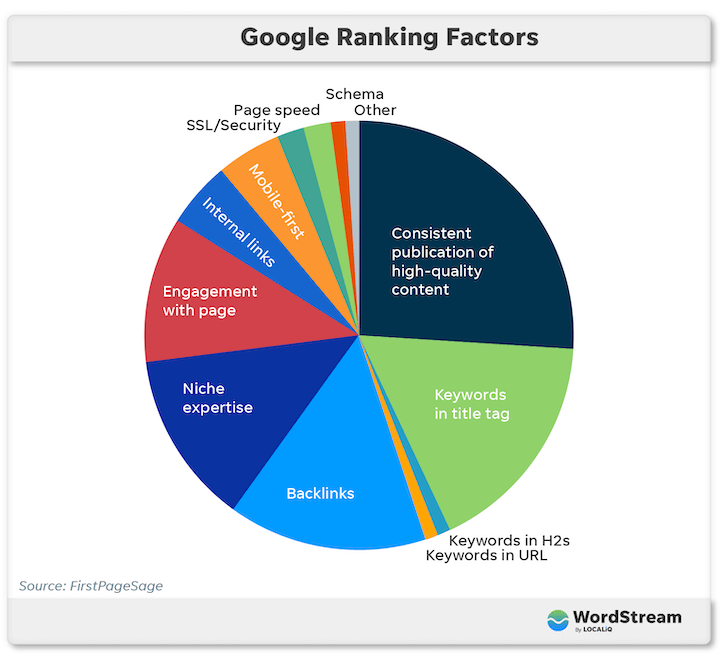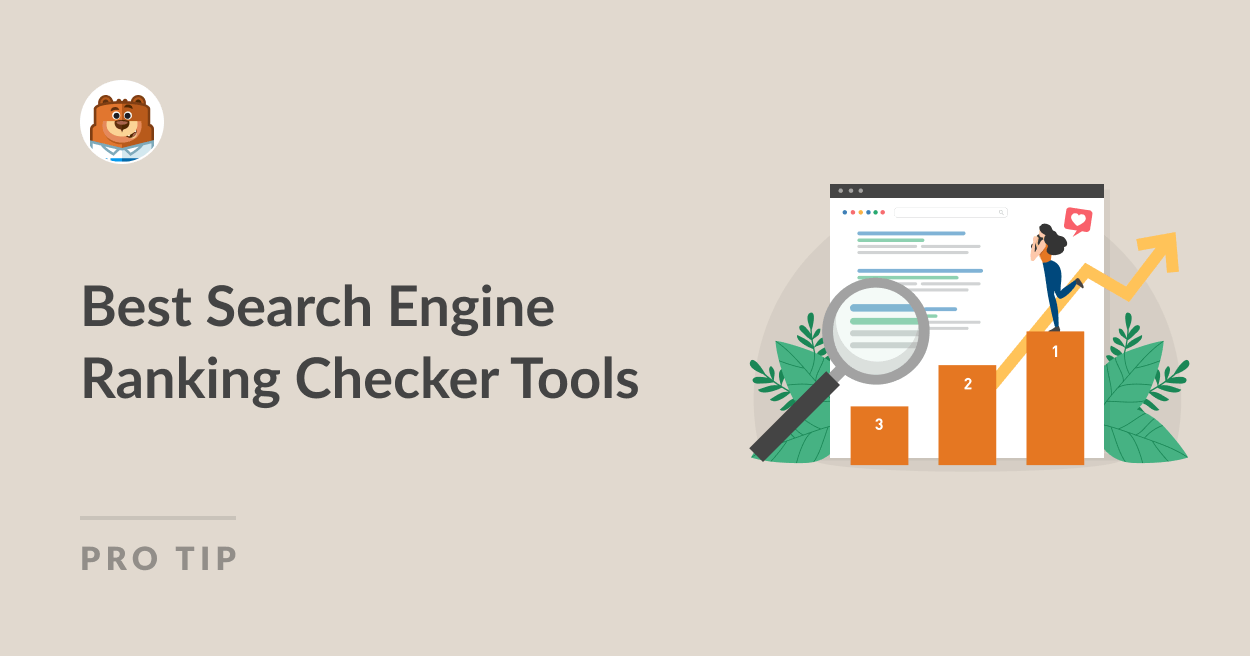Are you curious about how your website truly performs in the vast digital landscape? Understanding search engine rankings is not just a technical exercise; it's a critical pathway to visibility, engagement, and ultimately, success in the online world.
The digital world is a dynamic realm. Search engines, like Google, are the gatekeepers of this world, deciding which websites gain the coveted spotlight and which ones languish in obscurity. The mechanics behind this process are intricate, involving a complex interplay of algorithms and user behavior. From the moment a query is entered, to the final presentation of search engine results pages (SERPs), numerous factors determine a website's position.
Let's delve into the intricate details of how search engines operate, how your content is assessed, and what steps you can take to improve your website's visibility and ultimately, its success. The journey through the world of search engine optimization (SEO) is ongoing, but the rewards of understanding and adapting to these processes are well worth the effort.
Before we move forward. let's take a moment to define our keyword, which is Search Engine Rankings.
The process begins with a user's search query. This is the starting point, the essence of what someone is looking for. Search engines meticulously analyze this query, not just at face value, but also through the lens of natural language processing. Some engines even "refactor" the query, interpreting its underlying meaning and intent to provide the most relevant results.
Following the query, search engines undertake a complex series of actions. One of the first steps involves scanning and indexing web pages. Think of indexing as the library catalog for the internet. Search engine bots, sometimes called "crawlers," "spiders," or "robots," explore the web, collecting information from each page. They analyze the content, structure, and links to understand what the page is about. The indexed information is stored in a vast database, ready to be retrieved when a user enters a query.
Once a page is indexed, search engines rank pages based on a variety of factors, considering relevance, quality, and user experience. Pages that best match a search query appear higher in the results, driving more clicks and traffic. Its a competitive field, with websites vying for those top spots. A critical factor in ranking is the quality of the content. Google, for instance, emphasizes the importance of providing valuable, original, and high-quality content. Pages are assessed on various signals, including their trustworthiness, the expertise of the author, and the overall user experience.
It's also essential to understand how outdated content can impact your search engine rankings. When content becomes old, it not only loses its appeal to readers, but it can also negatively affect your search engine rankings. Users are more likely to engage with and trust content that reflects the latest information and trends. Keeping your content fresh and up-to-date is vital for maintaining its relevance and appeal.
Many tools are available to help you understand and improve your search engine rankings. One such tool is a "SERP checker," which provides historical ranking data, allowing you to see how your website's position has changed over time. By analyzing these patterns, you can infer whether the search engine is satisfied with the existing results or open to promoting other relevant pages.
The Google SEO checker, for example, is powered by the official Google Lighthouse platform, and designed to improve the quality of a web page. The Google SEO checker has a new interface and the documentation has also improved, it analyzes your website based on 14 key features.
The first step to SEO success is knowing where you stand. Enter your URL, and get access to how Google sees your website. You can analyze keyword rankings to identify the keywords you rank for, your position in search results, the search volume for each keyword, and how much traffic they generate. In addition, evaluate backlinks by examining the authority score, referring domains, and the number of backlinks pointing to your site.
There are also various website ranking checkers available, such as the QuestionDB website ranking checker, which helps track how well your website is positioned for specific keywords in the search engine results pages (SERPs). Using the "about this result" feature, you can see if your search history or other personal data was a factor in ranking a given result for that query.
Many companies offer a suite of premium and free SEO tools. Instantly check your keyword rankings with tools that provide keyword metrics, such as search volume and keyword difficulty. The ability to look at search engine rank data from various angles is critical to ensuring your website is operating optimally.
Be mindful of the fact that many tools exist, and the process of finding an authentic and trustworthy Google ranking tool can be challenging. Always seek out reliable sources and tools. Because your title tag gives people (and search engines) an overview of your pages overall topic, the words that appear in your title tag should have a significant impact on rankings.
Google's own search engine optimization starter guide recommends writing title tags that describe what that page is all about.
In this digital age, the quest to achieve top search engine rankings is an ongoing endeavor. With the right knowledge and strategy, websites can not only navigate the complexities of search engine algorithms but also thrive in the competitive online environment.


